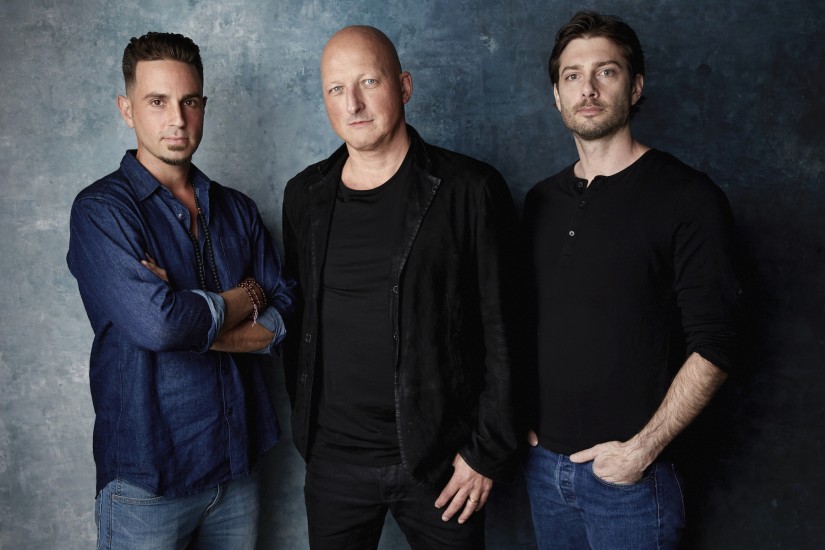This is the impetus behind the idea of canceling Michael Jackson, which has been raised and endlessly debated in the past two months. To cancel, according to the social media forces where the term originated, means to make an individual decision to eradicate a cultural presence — a pop star, for example — from one's consciousness. It's different from a boycott or a protest or the kind of legal action that the documentary Surviving R. Kelly, a similar story of a long-enabled predator within the music industry, has helped precipitate. Jackson has been dead for nearly a decade, an obvious reason that certain actions can't proceed. But the deeper feeling that every pop music fan must do something — kill Michael Jackson, within her own psyche — stems from that irrevocable blending of public and personal with deep roots in a celebrity culture that presents famous strangers as fans' friends, boosted immeasurably by the new intimacies and false privacy of online life. With Leaving Neverland, Reed has, in a sense, redefined the term "open secret" to refer not to something that many people know but don't acknowledge, but something that has been opened up and laid in front of anyone who looks: a Pandora's box.
I was curious to know what it would be like not to cancel Michael Jackson but to experience his music with that Pandora's box open. And so for several weeks after viewing Leaving Neverland and feeling deeply persuaded by its messages, I listened to his recordings every day. I've made my way through Jackson's catalog from his biggest hits to the deep cuts, noting what thoughts arise while encountering these overwhelmingly familiar songs, what feelings I can't resist and which I immediately want to suppress. I've tried to determine what acknowledging Michael Jackson and the musical world he built means now. For decades, as a music critic and a fan, I spent countless hours in that world. What would I find there, from the new perspective that Leaving Neverland creates?
I didn't realize how difficult this experiment would be — but neither because listening to Michael Jackson's music is now simply painful nor because it's still so pleasurable that it blocks out the questions surrounding it. The challenge was to stay present: to recognize my unstable and unreliable reactions. Some songs made me bristle in recognition of what I thought were clues to Jackson's alleged sins; then I'd turn away from my own judgments, doubting that rush to ascribe meaning, and then I'd step away from the whole conundrum, floating out on a groove and a memory. So many stories I'd told myself about these songs kept surfacing, in conflict with ones that are still forming now. Each one pulled me in a different direction, away from my struggle to be present and honest about this experience and toward the comfort that I, like anyone who takes refuge in music, craved.
